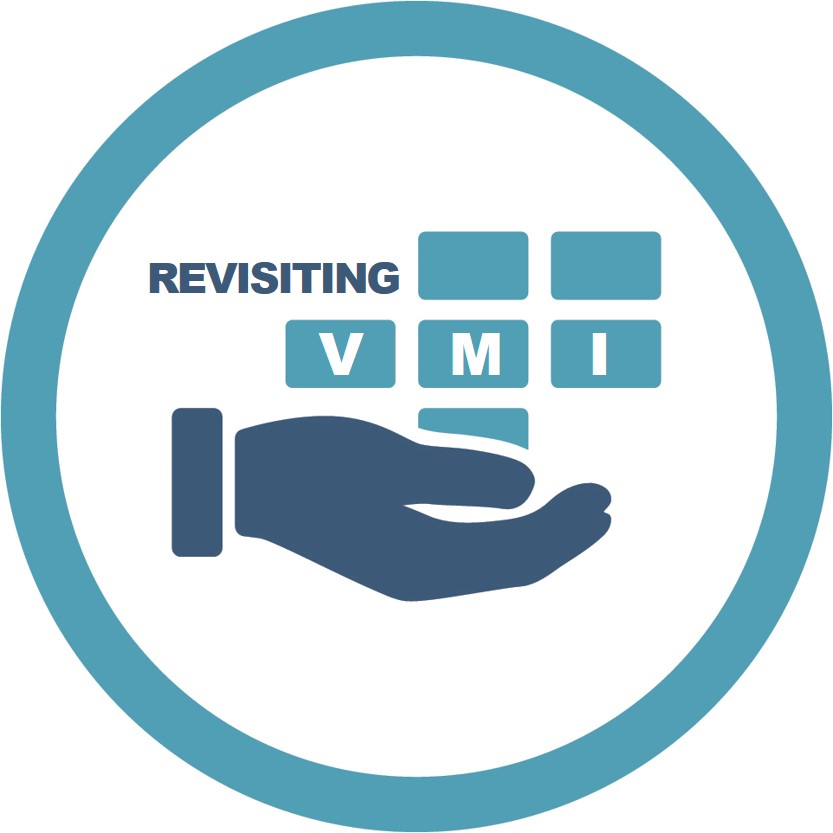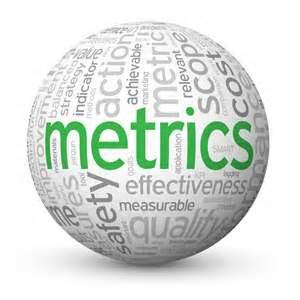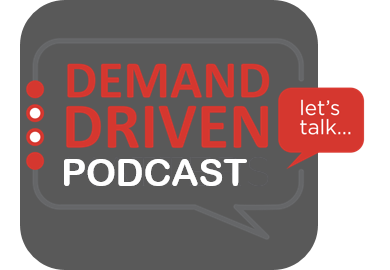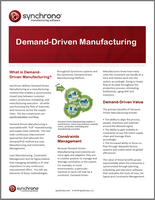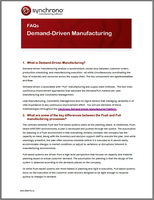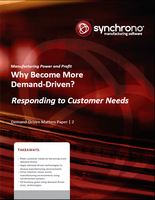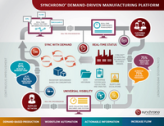FAQ: Is Demand-Driven Manufacturing the Same Thing as Lean?
Many of our customers don’t start out looking to implement Demand-Driven Manufacturing per se. Often, they’re focused on Lean Manufacturing or at least some element of it. In fact, customers often find out about us as they search for an eKanban or production scheduling solution that will work with their current ERP system. However, at some point in the conversation, they will inevitably ask, “Is Demand-Driven Manufacturing the same thing




